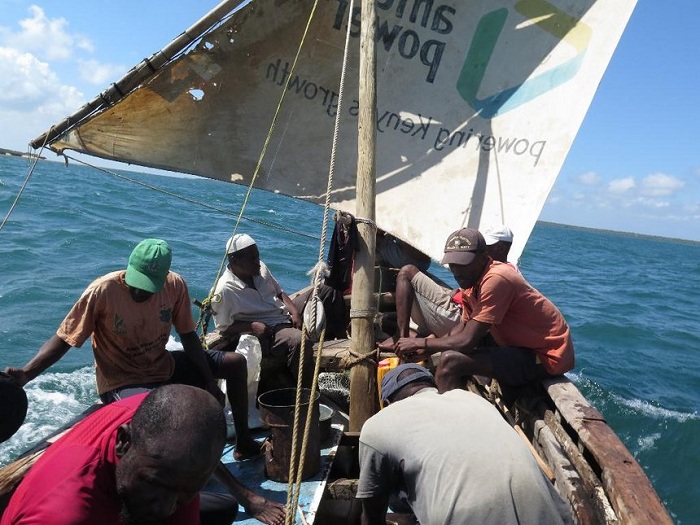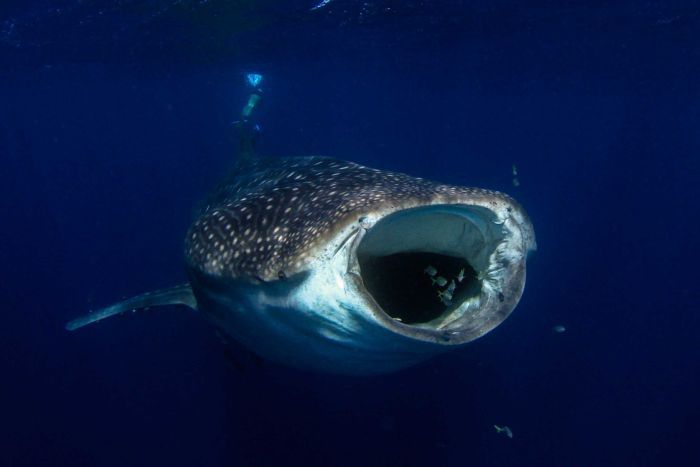Kwale,KENYA:A whale shark philanthropist in Diani has adopted the worldwide used NASA algorithm like technology to help in tracking Whale sharks spotted along the Kenyan coast.
Whale shark patterns are unique to each and every creature just like fingerprints.
According to Mr. Volker Bassen the founder of the East Africa whale shark trust, the technology involves photos of the whale shark being uploaded on a website Whaleshark.org which has a software similar to NASA’s star constellations that helps to identify if the whale shark was spotted somewhere else.
Whale sharks can travel upto 1800 kilometres a year and past research tracked Whale sharks spotted along the Kenyan coast to the coasts of Indian ocean islands such as Seychelles.
“Basically the patterns are like the identity of the whale shark on the website,” Mr. Bassen says.
The whale sharks are photographed during the whale shark sighting season in the South Coast which runs between mid-January and mid-March and the just concluded whale shark sighting season saw the highest number of whale sharks spotted in the South Coast in 10 years.
“This season has been so far the best in 10 years, we have spotted 33 whale sharks unlike in 2007 when we started off we spotted 17 and perhaps the worst season was four years ago when we did not spot not even a single whale shark,” Mr. Bassen told Baraka FM.
He attributes the increase in the number of whale sharks spotted to increased conservation efforts in the area.
During the sighting seasons, Marine tourism enthusiasts are aided spot and swim with whale sharks at a fee hence generating income used to support a number of whale shark conservation efforts in Diani like community education and beach cleanups.

The whale shark is commonly known to the local population as Papa Shillingi ( Silver coined shark ) owing to silver like patterns on its skin is the world’s largest fish.
The whale shark can grow up to 20 metres long, weigh up to 20 tonnes and dive up-to 1 kilometer deep.
The International Union for Conservation of Nature has listed whale sharks as endangered due to reasons such as bycatch in fisheries and ship strikes which cause serious injury. However, Mr. Bassen says the biggest threat to whale sharks along the East African coast is pollution.
The whale shark is of one the three filter feeding shark species together with the basking shark and megamouth shark.
Filter feeding sharks feed on plankton such as fish eggs, squid,copepods and krills.
The filter-feeding method, however, leaves the species vulnerable to swallowing plastics found in water according to Mr. Bassen.
In August 2017 the Kenyan government implemented a ban on secondary packaging plastic bags in a bid to fight plastic bags pollution and the move was welcomed by conservationists like Mr. Bassen who however recommend conservation education to be incorporated in the school curriculum in order to promote the culture of environment consciousness among generations.













